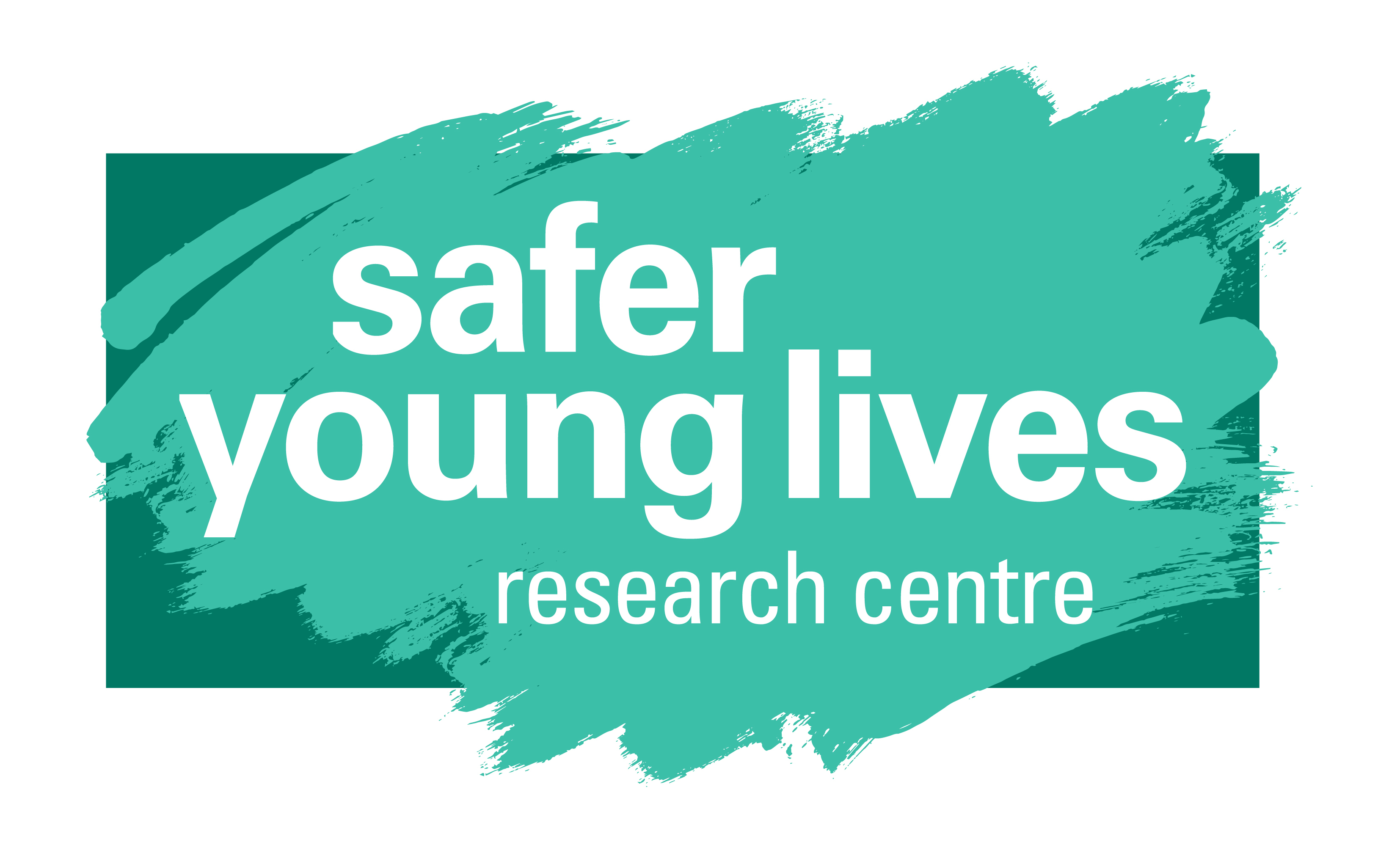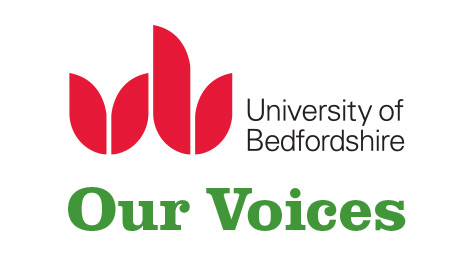‘It’s worth it’: Why researchers should consider co-presenting with young people

This blog post was originally published on the University of Bedfordshire’s International Centre Blog.
Jenny Pearce is the Co-Director of the International Centre. In this post she shares some reflections on the value of co-presenting with young people, after her experience of doing so at the Blast conference with a young man called Greg.
Jenny, what was it like to co-present with Greg at the Blast conference?
“It was an honour and a privilege, and I learnt a lot as we prepared together. He offered me guidance about what research findings to use and we gave each other encouragement to get up there and do the presentation together. Most of all it was humbling to be standing next to him while he was telling so many people his account of the abuse he experienced. It took a lot of strength to talk about how the abuse was not identified, how he was not supported and how he was left to carry the damage caused without any help. The whole audience was listening to his every word. I would say it was one of the most amazing experiences of my work.”
Is it worth trying to combine research information and young people’s own experiences in one presentation? If so, why?
“The combination of the research data alongside Greg’s account of what it means in reality was very powerful. I shared research findings showing that boys who experience CSE are not being recognised and that services turn a blind eye. But it becomes so much more real, and people listen differently, when someone like Greg is brave enough to stand up and explain how that felt and what the impact is on someone‘s life.”
If researchers are thinking about co-presenting what sort of things do they need to do to make sure it’s a positive experience for that young person?
“Make sure you create plenty of time for thinking through together before the event what you are going to say and how you are going to time each presentation. Practice as much as possible together but don’t try to influence what the other wants to say. Make sure that you think of what support you each need before, during and afterwards: equal thinking about each of these three stages. Think about what you might do to help each other if either of you get overwhelmed. Think about what to do if one of you wants to step down or not continue. Talk through how you might answer questions that might be asked by the audience, including difficult or inappropriate questions. Think about whether you are both being paid for your time and how you manage any differences in that. You also need to think about both of your journeys home and ‘what next.
There is a lot to think about – but it is absolutely worth it.”






